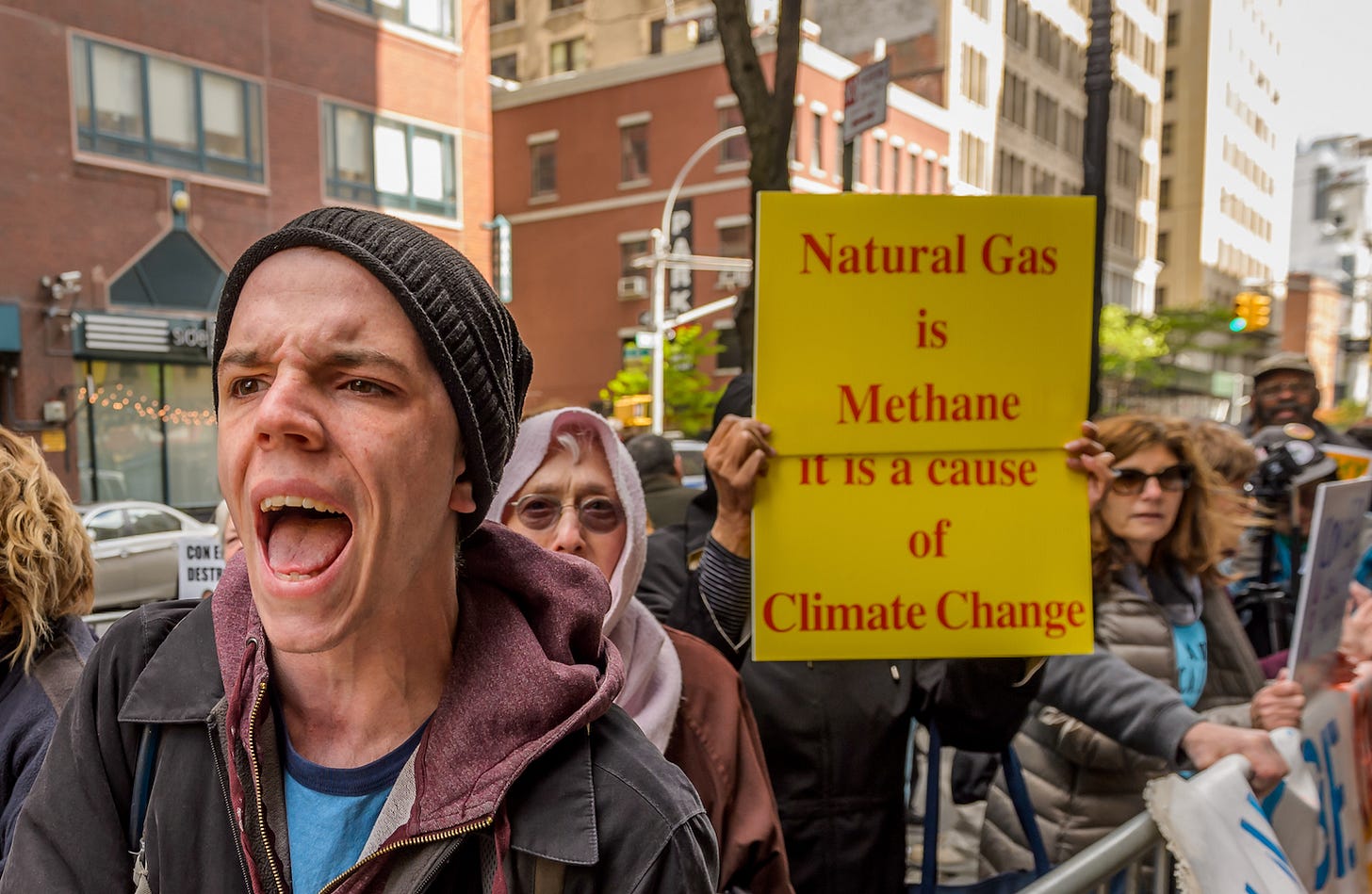The urgent need for methane literacy
The climate threat of methane gas expansion is growing, and the public remains largely unaware — in part because of misinformation and misleading terminology.

On Tuesday, The Washington Post published an important article on the latest, and perhaps greatest, recent threat to U.S. efforts to prevent climate catastrophe: A massive planned expansion of exported liquified methane gas.
In addition to the eight liqu…

